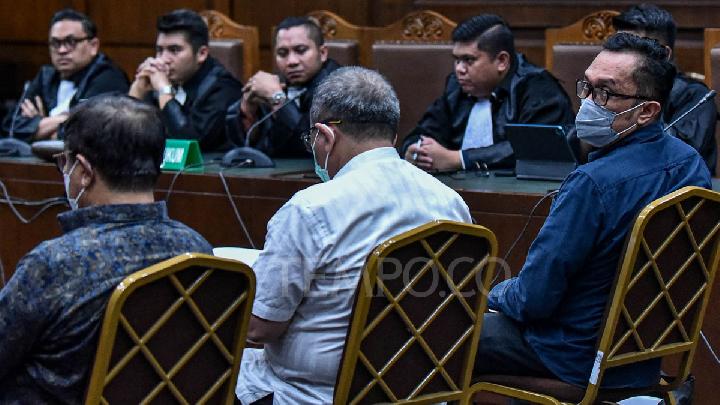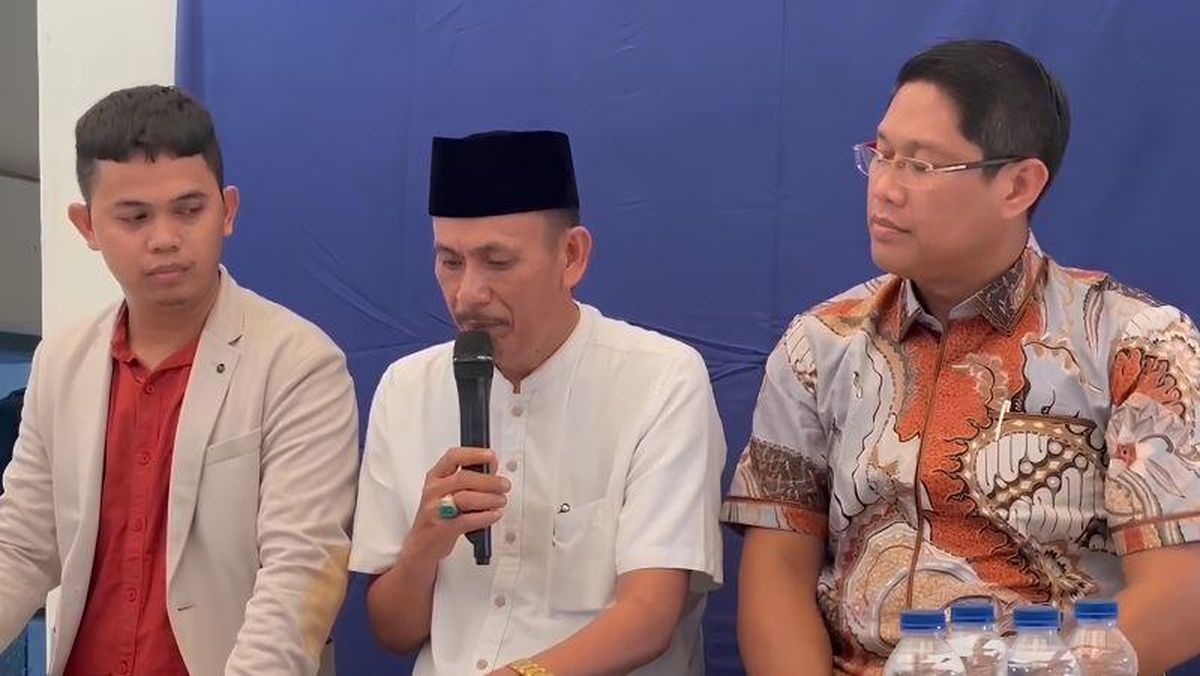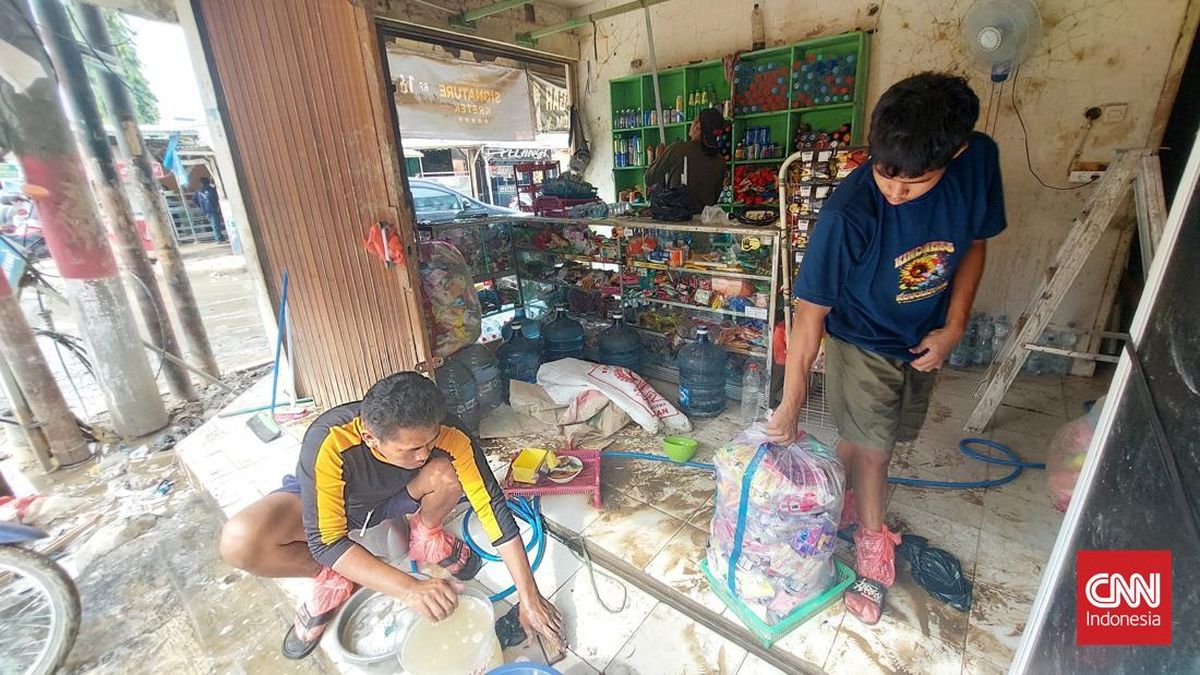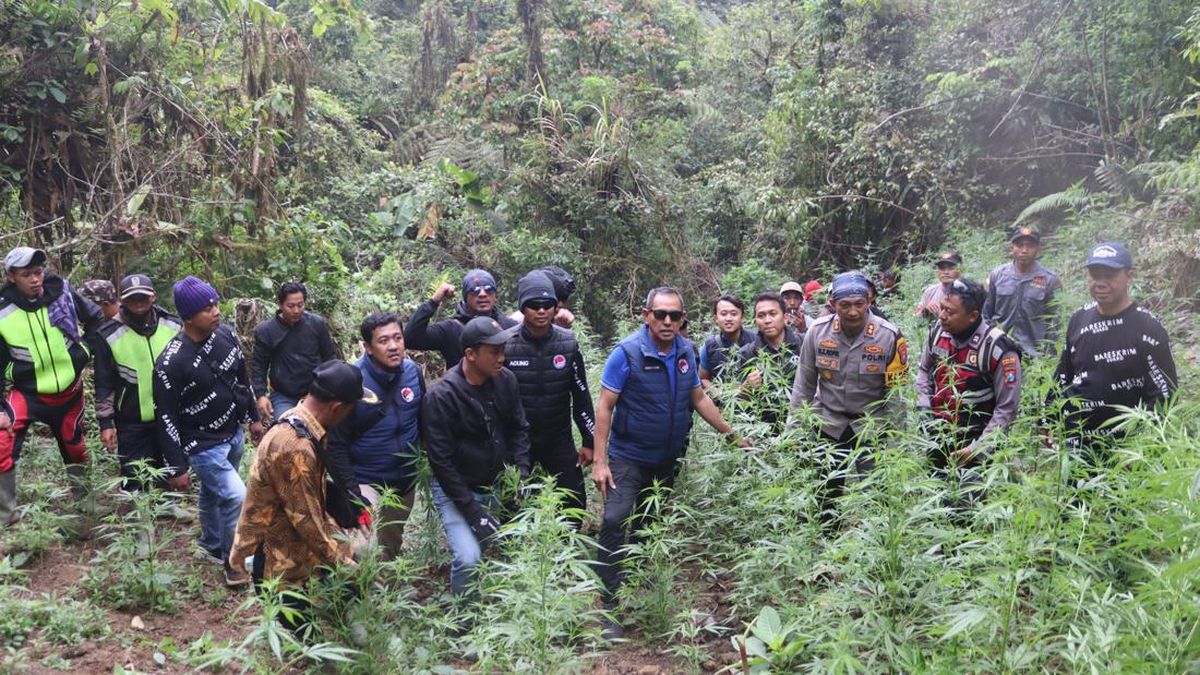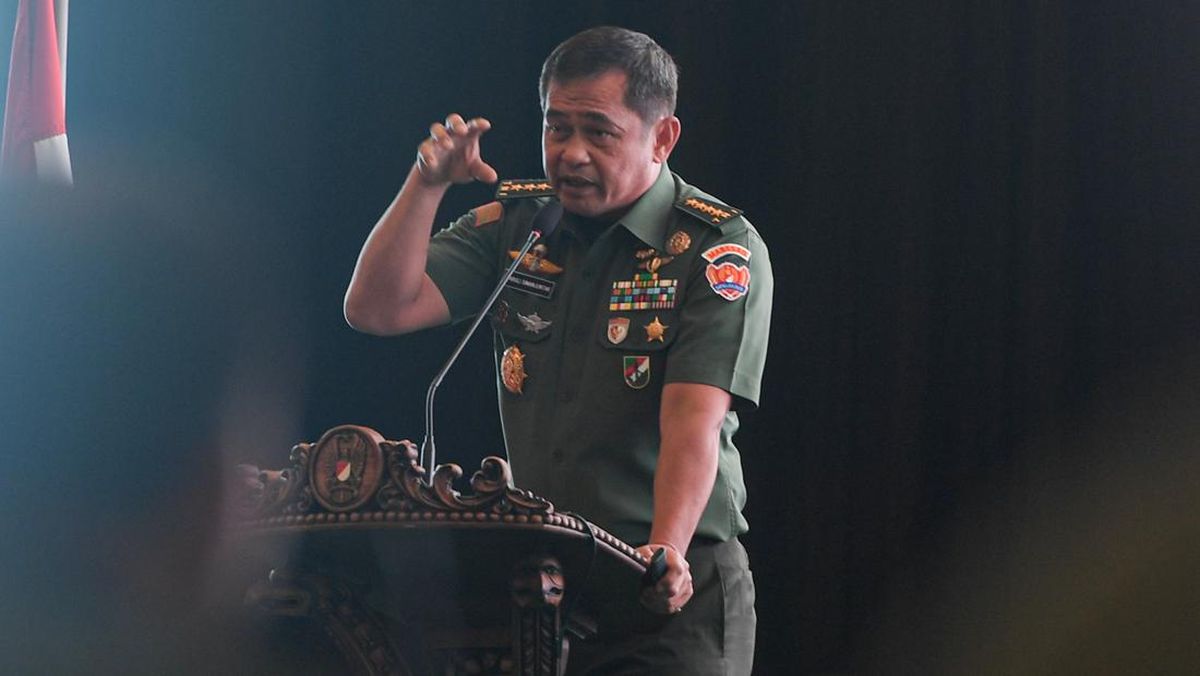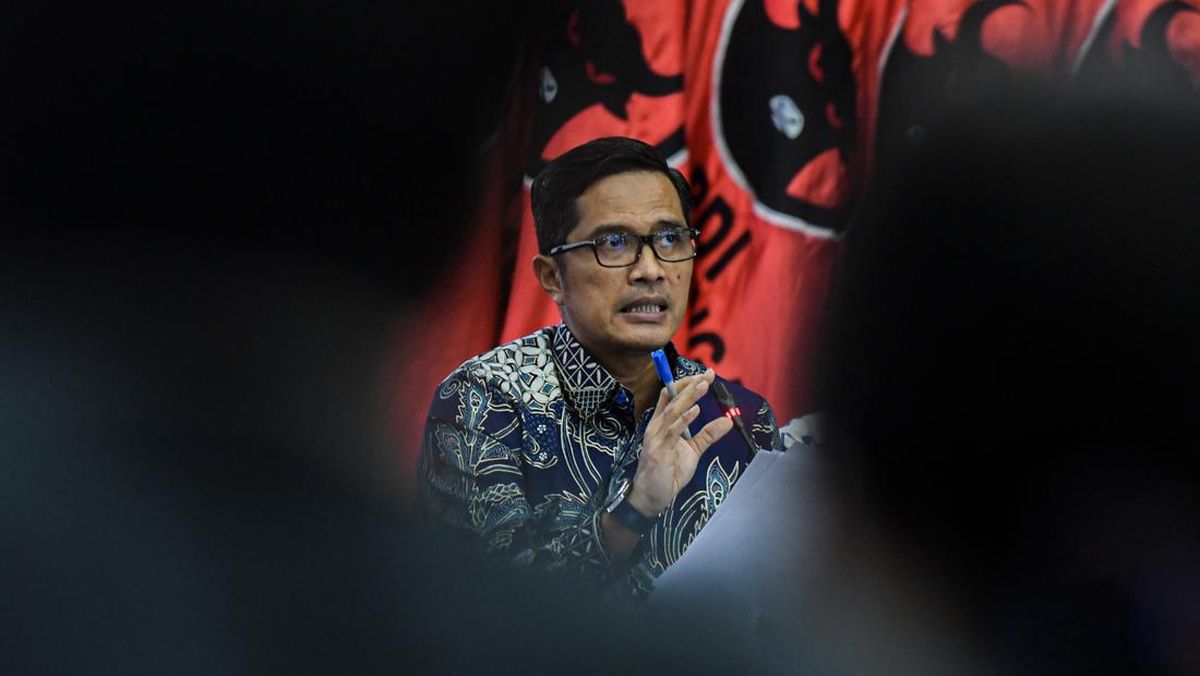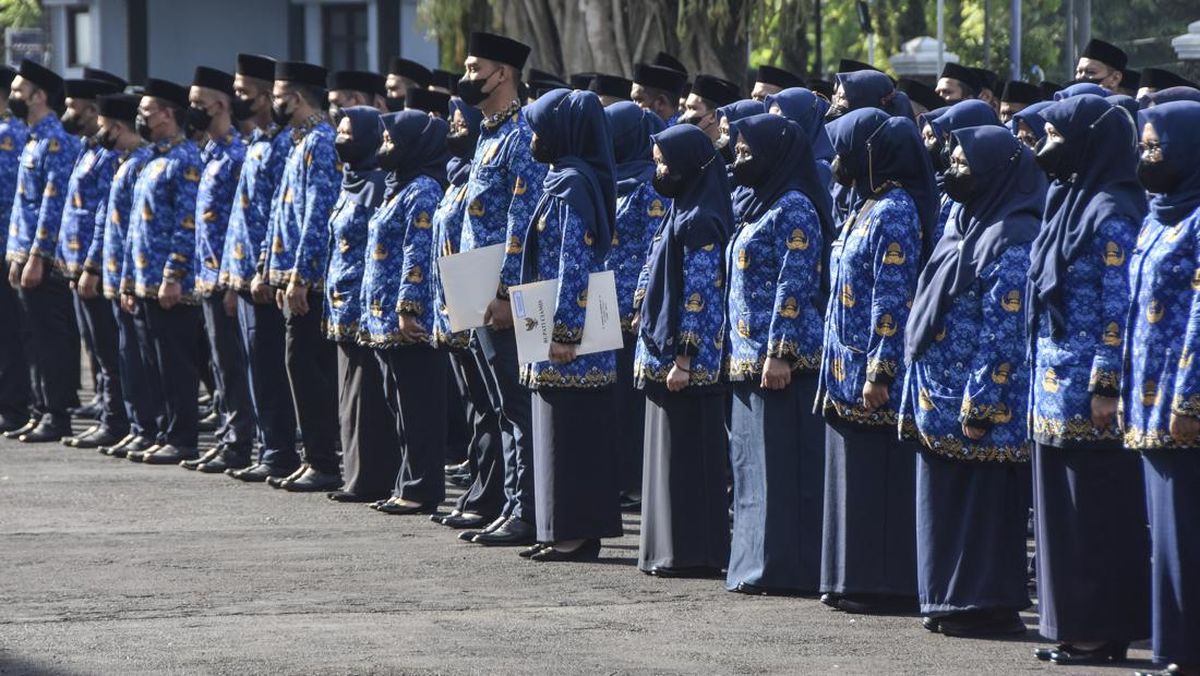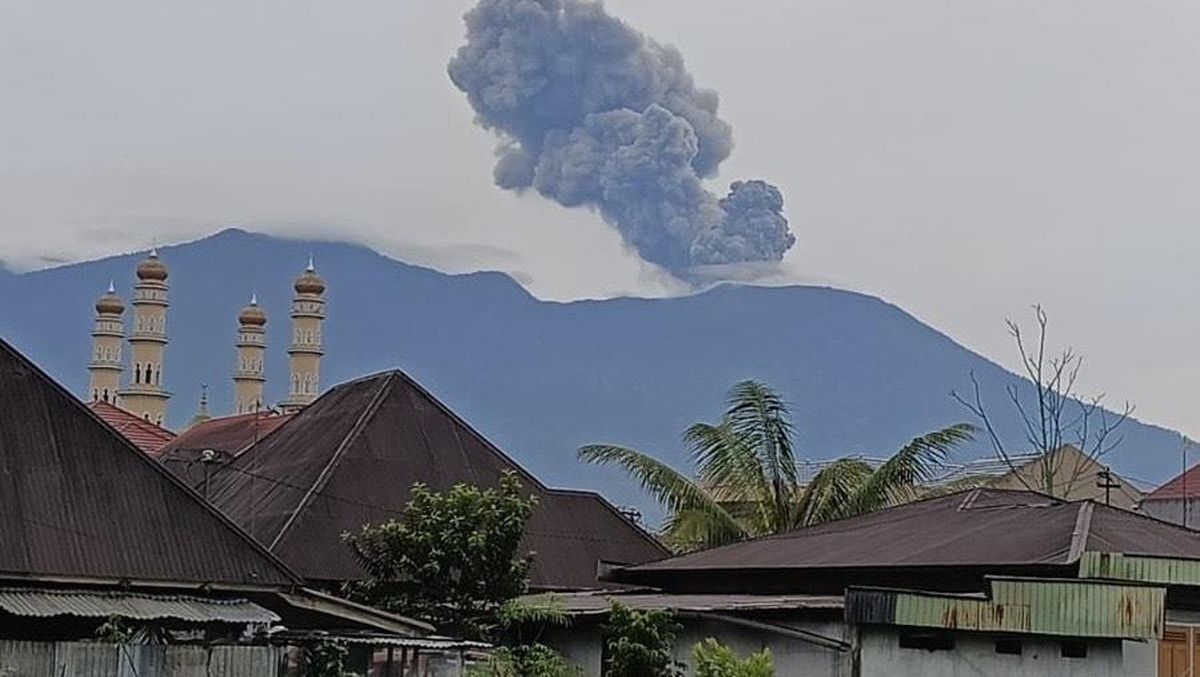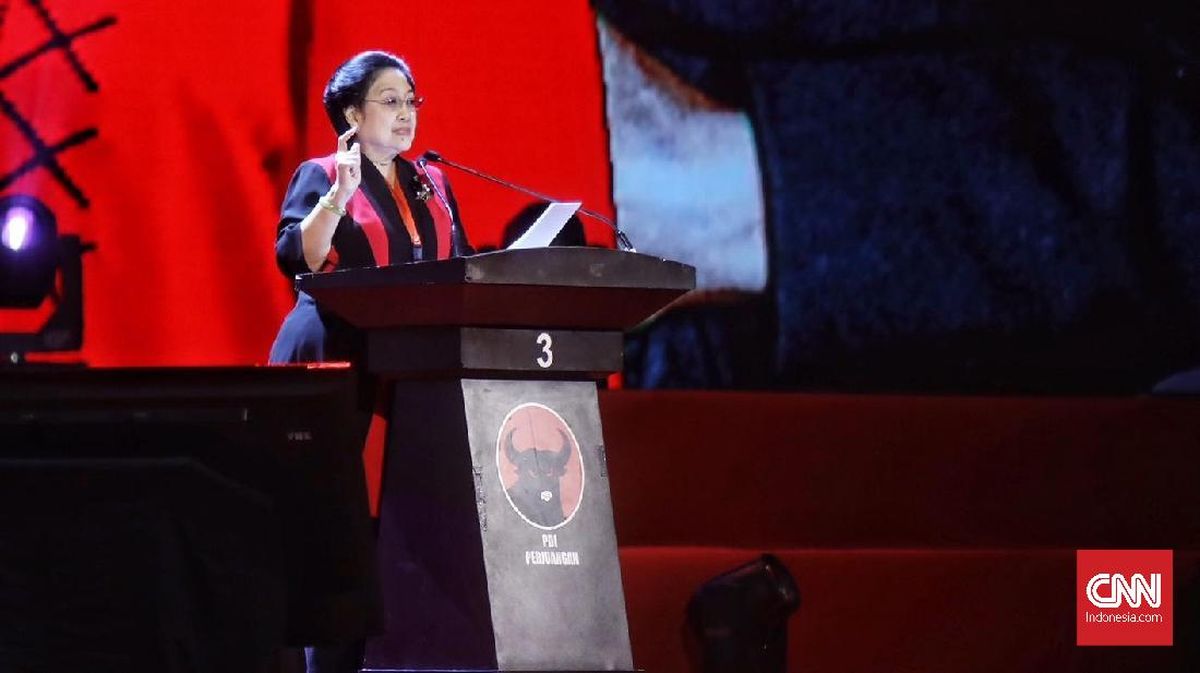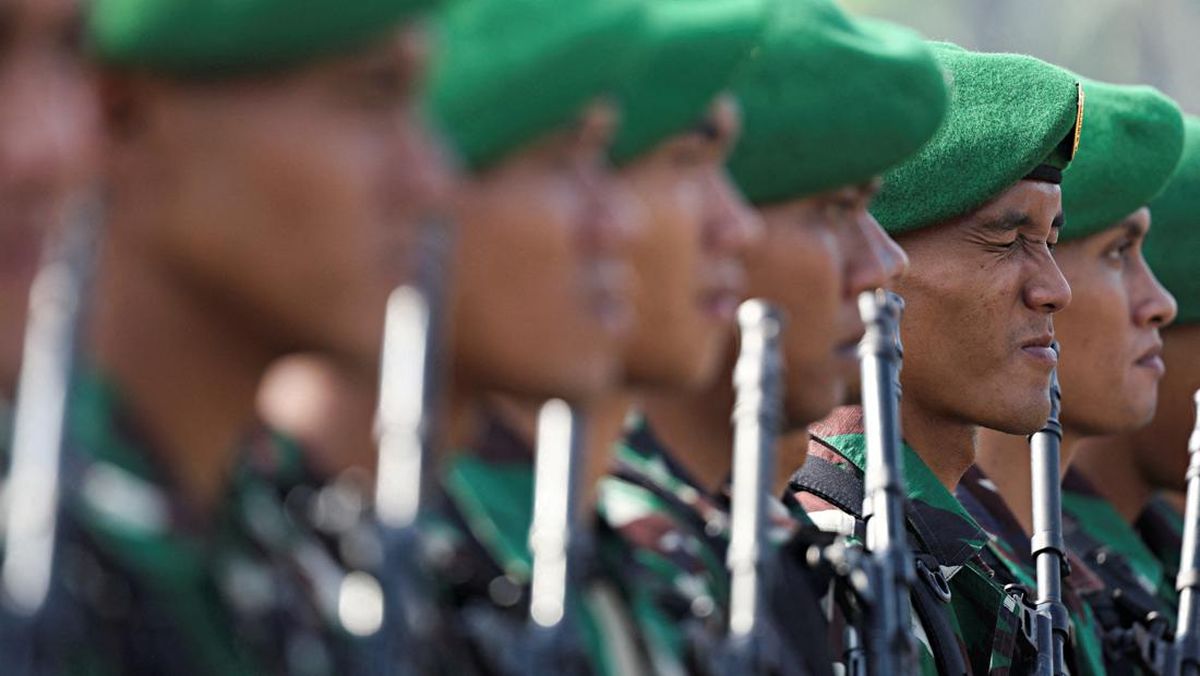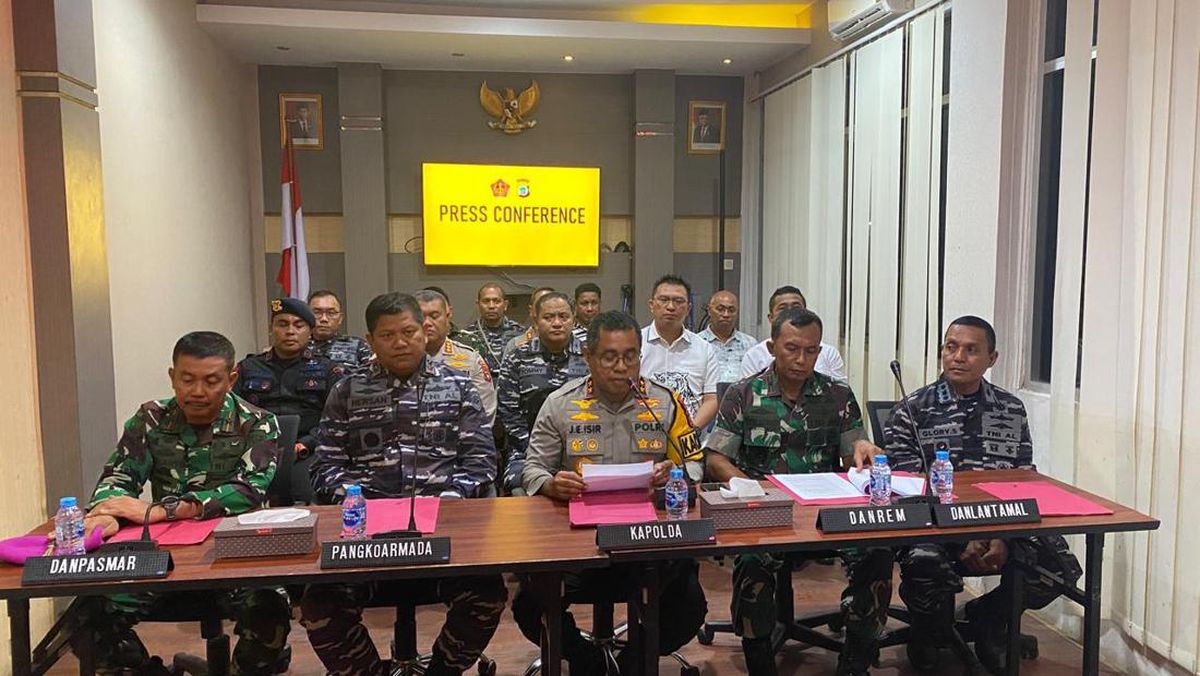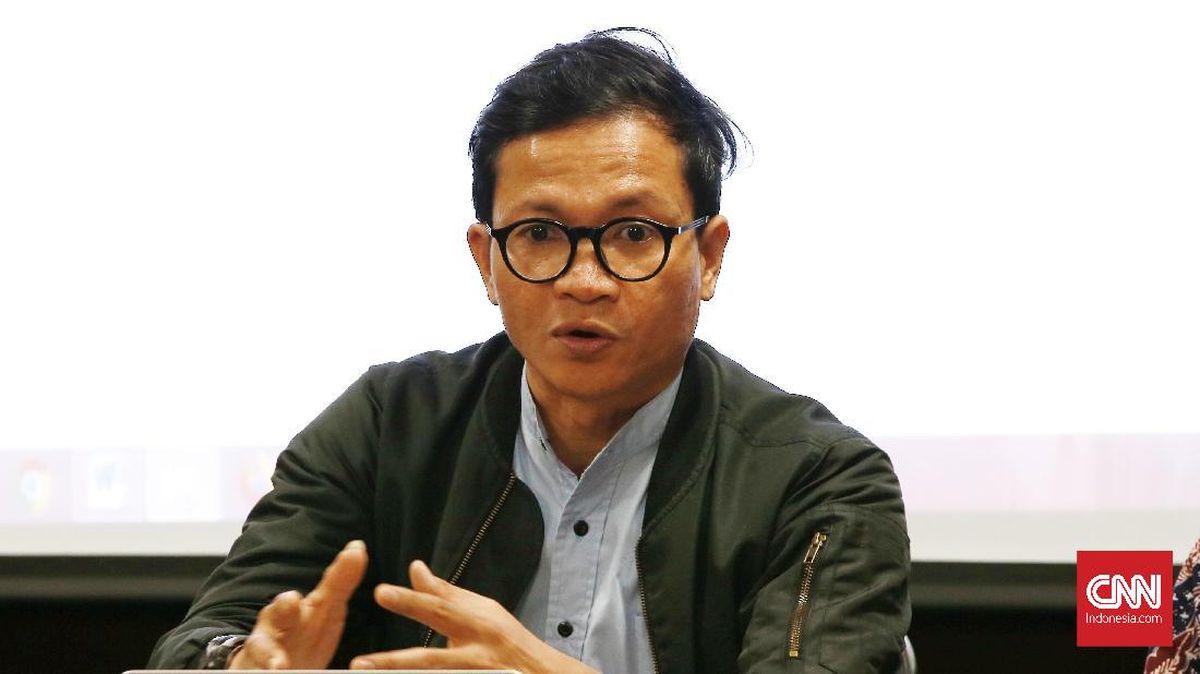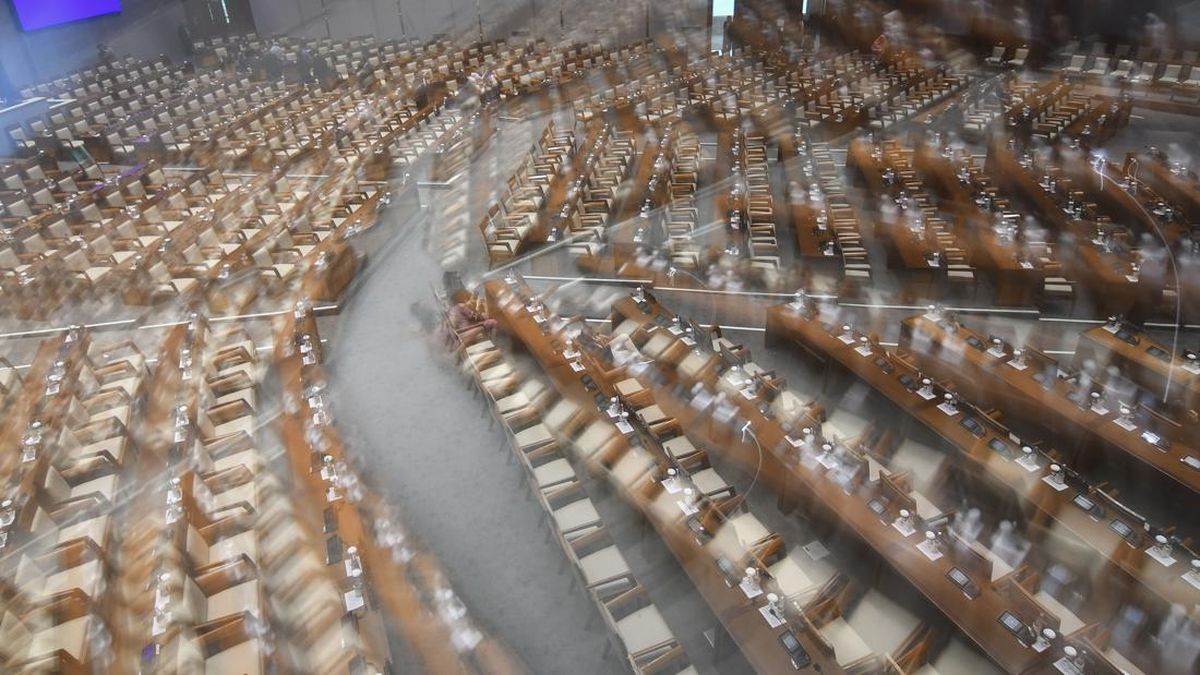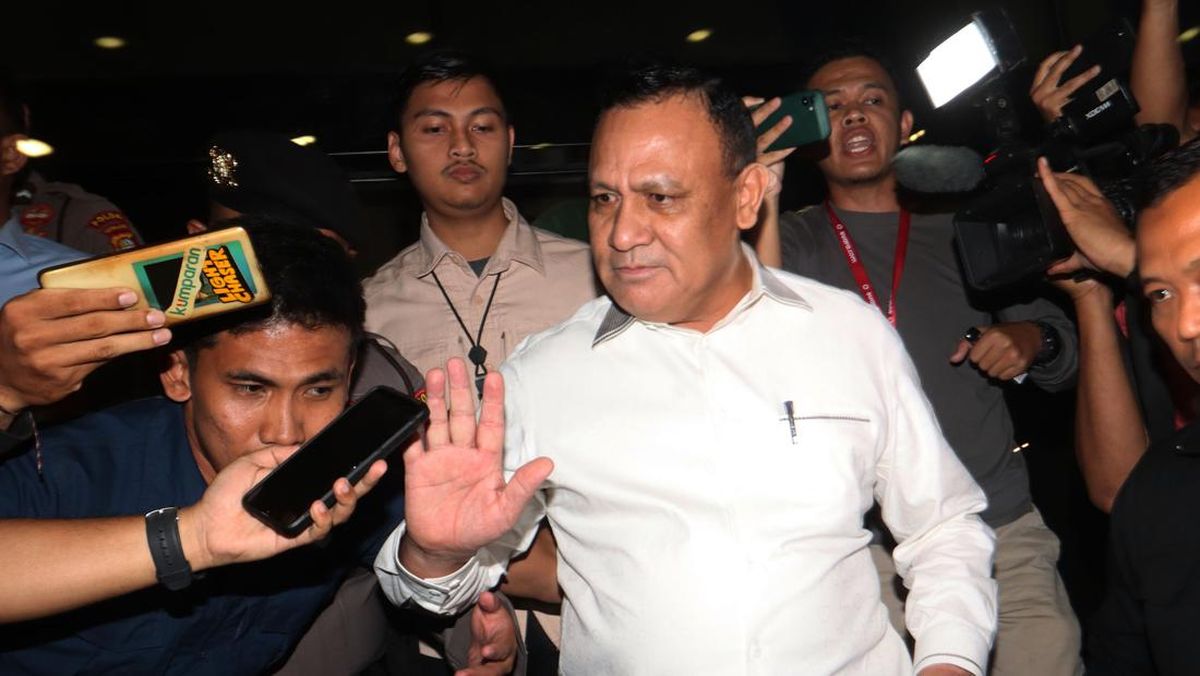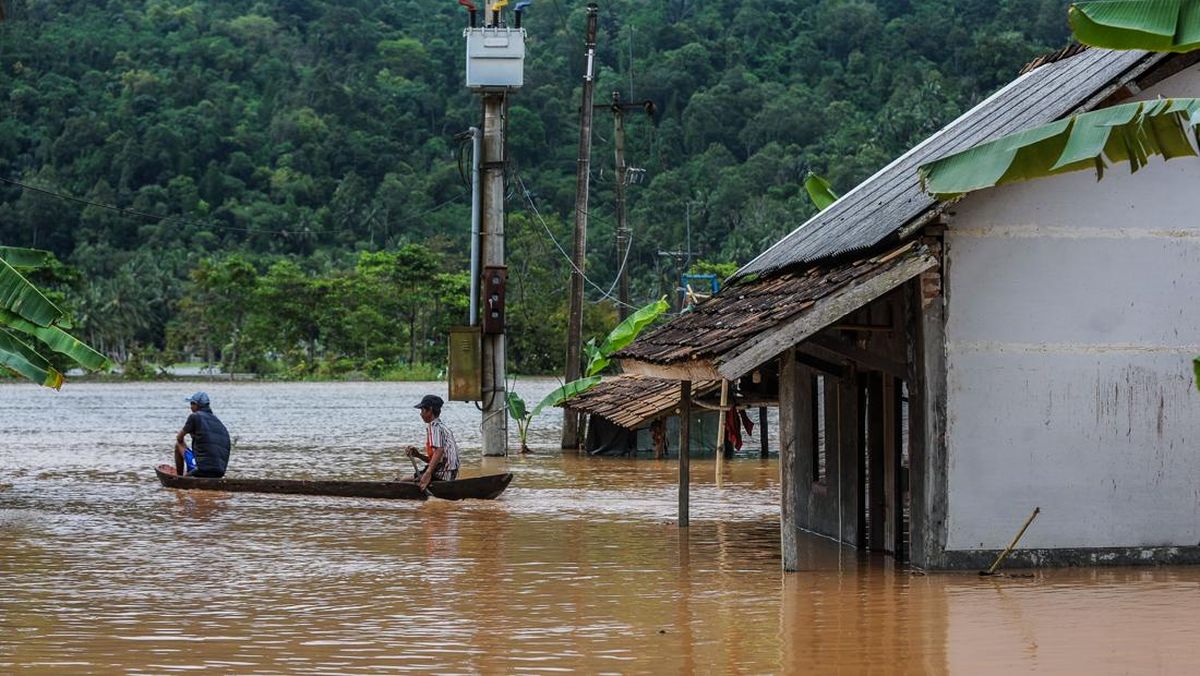April 23, 2025 | 11:55 am

TEMPO.CO, Jakarta - The Indonesian delegation led by Coordinating Minister for Economic Affairs Airlangga Hartarto is still negotiating import tariffs with the United States (US) government. The two countries have agreed that the discussion of the issue of reciprocal tariff policies will be completed within 60 days.
The US has imposed a 32 percent tariff on products from Indonesia. The tariff was imposed to reverse the trade deficit experienced by the country. According to the Donald Trump administration, Indonesia has implemented tariff and non-tariff policies that are considered to hinder the interests of the United States.
The obstacles complained about by the US are stated in the 2025 National Trade Estimate (NTE) Report on Foreign Trade Barriers document published by the United States Trade Representative (USTR).
The following are the trade barriers complained about by the US against Indonesia based on the publication:
1. Import tariffs that exceed WTO provisions
The application of Indonesian tariffs is considered to exceed the provisions of the World Trade Organization (WTO). For example, goods with the Harmonized System (HS) code 8517, which includes switching and routing equipment. Despite having a WTO-bound tariff of zero percent, Indonesia, according to the US, applies a 10 percent import duty on these products.
2. Regulation of the Minister of Finance on the import of consigned goods
The US also highlighted the change in import tariffs contained in the Regulation of the Minister of Finance (PMK) PMK Number 96 of 2023 concerning Customs, Excise, and Tax Provisions on Imports of Consigned Goods, which is said to increase import duties on a number of commodities.
3. Implementation of taxes is less transparent
The tax assessment process carried out by the Directorate General of Taxes at the Ministry of Finance is considered less transparent and complicated, with large fines for administrative errors, a lengthy dispute mechanism, and a lack of legal precedent in the tax court.
Regulation of the Minister of Finance (PMK) Number 41 of 2022 concerning the Collection of Article 22 Income Tax is also considered an obstacle. One of the regulations highlighted concerns the increase in the number of imported goods subject to Article 22 income tax (PPh). US entrepreneurs are concerned that the process of claiming refunds of overpayments of PPh paid in advance could take years.
4. Alcoholic Beverage Excise
Imported alcoholic beverage excise is higher than domestic. Foreign-made alcoholic beverages with a concentration of 5 percent and 20 percent are subject to excise 24 percent higher than locally made. This also applies to excise on imported alcoholic beverages with a concentration of 20 percent and 55 percent, which are subject to excise 52 percent higher.
5. Import licensing system
The import licensing policy contained in the amendment to Presidential Regulation (Perpres) Number 61 of 2024 concerning the Commodity Balance is also considered a non-tariff barrier.
"Indonesia's import licensing system continues to be a significant non-tariff barrier for US businesses due to the many overlapping import licensing requirements that hinder market access," the document said.
6. Halal Certification
In January 2023, the Indonesian Government issued Presidential Regulation No. 6/2023, which requires all drugs, biological products, and medical devices sold in Indonesia, along with their manufacturing methods. Including related materials, production processes, storage, and packaging) must be halal certified. According to the US, the policy lacks consultation and does not follow the internationally negotiated halal system.
7. Implementation of QRIS
Indonesia has set a national standard, QRIS, or Quick Response Code Indonesian Standard, for all payments using QR codes in Indonesia. US companies, including payment service providers and banks, have expressed concerns. Because during the process of creating the QR code policy by BI, international stakeholders were not informed of the nature of the potential changes and were not given the opportunity to explain their views on the system.
8. TKDN Policy
The policy of fulfilling the domestic component level (TKDN) has also been in the spotlight. Indonesia has imposed a number of local content requirements on certain information and communication technologies so that these products can be sold in Indonesia. These requirements are said to limit the ability of US companies to sell various telecommunications and electronic products in the Indonesian market. The United States continues to urge Indonesia to remove these barriers.
Editor's Choice: Indonesian Economist: QRIS Promotes Inclusion, Not a U.S.-Claimed Trade Barrier
Click here to get the latest news updates from Tempo on Google News
Indonesia Maintains Fiscal Stability Despite US-China Trade War, Government Says
48 menit lalu

Amid the U.S.-China trade war, Indonesia has a budget deficit of 0.43 percent of GDP, reflecting prudent fiscal planning.
Here Are USTR's Criticisms of Indonesia's Financial Service System, Including QRIS
1 jam lalu

The Office of the United States Trade Representative (USTR) considers QRIS & credit cards in Indonesia as hindering trade, what are their criticisms?
Prabowo to Dispatch Envoy to Pope Francis' Funeral
2 jam lalu

Indonesian President Prabowo Subianto remembers Pope Francis in a condolence after passing on Monday morning, April 21, 2025.
The Passing of Pope Francis: Here Are the 2 Previous Popes Who Visited Indonesia
2 jam lalu

Pope Francis visited Indonesia in September 2024. Prior to him, Pope Paul VI and Pope John Paul II also visited Indonesia.
Indonesia Optimistic for 7.1 Percent Export Growth Despite U.S.-China Trade Tensions
13 jam lalu

The Indonesian government expressed optimism about achieving its 2025 national export target despite the ongoing U.S.-China trade war.
PBNU Urges Inspection on Halal Label Issuers for Children's Snacks Containing Porcine
15 jam lalu

BPOM and BPJPH have found children's snacks containing pork ingredients labeled as halal. PBNU calls for inspection of the halal label issuers.
Children's Snacks Found with Pork Ingredients, Fake Halal Labels Prompt KPAI Outcry
16 jam lalu

Nine children's snacks were identified by BPOM and BPJPH as containing non-halal elements, specifically pork-derived ingredients.
Trump Pushes for US-Made iPhones, Analyst Warns of Skyrocketing Prices
17 jam lalu

A plan to produce the iPhone entirely in the United States is expected to triple the selling price of the device.
China, Indonesia Forge Closer Ties with Landmark 2+2 Ministerial Dialogue
20 jam lalu

Indonesia and China marked a historic milestone by holding the inaugural 2+2 Dialogue, China's 1st ministerial-level dialogue with a partner country.
Japan Interested in Assisting Indonesia's Housing Development, Official Says
23 jam lalu

Deputy Minister of Housing and Settlement Areas, Fahri Hamzah, claimed that Japan is keen on being involved in and assisting in the development of homes in Indonesia.

 4 hours ago
11
4 hours ago
11






